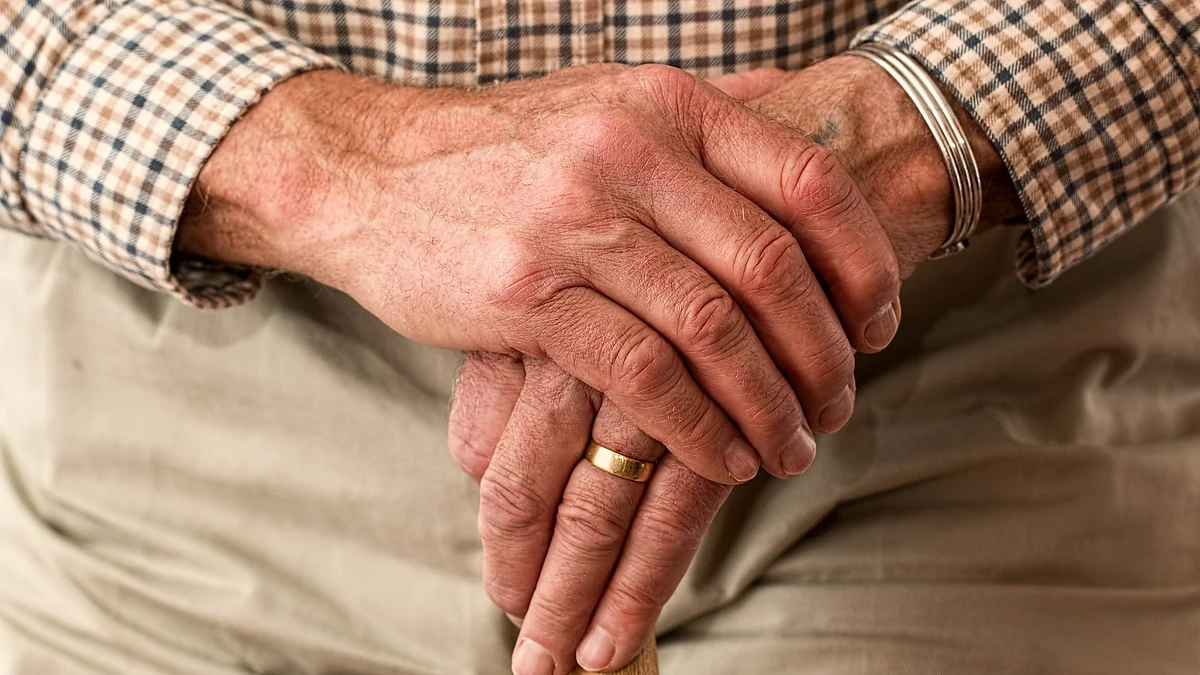A bizarre and dangerous medical case has emerged, highlighting the risks of relying solely on artificial intelligence for health advice. A 60-year-old man was hospitalised after substituting table salt (sodium chloride) in his diet with sodium bromide, a substance once used in early 20th-century medications but now known to be harmful in large amounts.
From salt-free diet to toxic exposure
The man reportedly turned to an AI chatbot for guidance on reducing salt intake, having read about the negative effects of high sodium chloride consumption. Following the AI’s suggestion, he replaced salt with sodium bromide, which he purchased online.
Unaware of the dangers, he consumed it for three months, believing it to be a safe alternative. Sodium bromide is no longer used in food or over-the-counter products due to its toxic potential.
Severe health decline and hospitalisation
After months on this altered diet, the man began experiencing troubling symptoms, including paranoia, hallucinations, excessive thirst, and skin issues. He was eventually admitted to hospital, where initial assessments did not reveal any supplement use.
However, during his stay, he disclosed that he followed strict dietary restrictions, distilled his own water at home, and avoided traditional salt. Doctors diagnosed him with bromism, a rare but serious condition caused by excessive bromide levels in the body.
Treatment and psychiatric care
The patient received fluids and electrolyte therapy, stabilising his medical condition. Once physically stable, he was transferred to the hospital’s psychiatric unit due to his severe neuropsychiatric symptoms.
Medical records indicated that his paranoia extended to refusing hospital water, believing it was unsafe.
Bromide salts were once common in over-the-counter remedies for insomnia, anxiety, and hysteria in the early 1900s. However, prolonged or high-dose intake can lead to neurological impairment, skin lesions, and psychiatric disturbances-a risk that led to their removal from most medical use.
AI misinformation and safety concerns
The case report, published in the American College of Physicians Journals, warns of the dangers of AI-generated misinformation. OpenAI’s own terms caution users that its chatbot may produce inaccurate content and should not be relied upon for medical decisions.
While AI is increasingly discussed as a tool for therapy and mental health support, this incident underscores that it can also fail to provide safe, accurate guidance on physical health matters.










